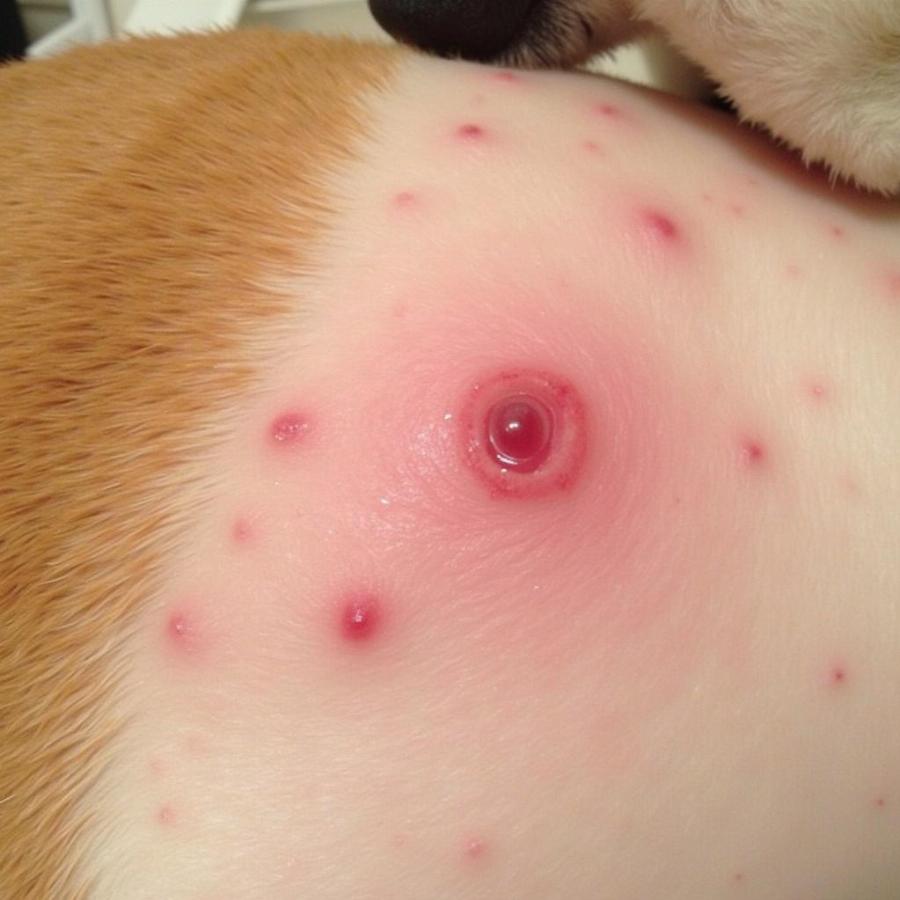Corgi owners know their stubby-legged friends are prone to weight gain, making choosing the right food crucial. Picking the worst dog foods for corgi can lead to obesity and related health problems. This guide will help you identify those foods and steer clear, ensuring your Corgi stays happy, healthy, and active for years to come. We’ll discuss common ingredients to avoid, explore why certain types of food aren’t ideal for Corgis, and empower you to make informed decisions about your furry friend’s nutrition.
Decoding Dog Food Labels: Identifying Red Flags for Corgis
Understanding dog food labels can be tricky. Manufacturers use clever marketing tactics that can obscure the true nutritional value. Look out for generic terms like “meat” or “meat by-products” which can indicate low-quality ingredients. Corgis thrive on high-quality protein sources, so prioritize foods listing specific meats like chicken, beef, or lamb. Avoid foods high in fillers like corn, wheat, and soy, which can contribute to weight gain and digestive issues in your Corgi.
Why High-Calorie Foods Are a Corgi’s Worst Nightmare
Corgis, with their adorable short legs and long bodies, are naturally predisposed to weight gain. Feeding them high-calorie foods, especially those packed with empty calories from fillers and sugars, can exacerbate this tendency. Obesity in Corgis can lead to serious health problems like arthritis, hip dysplasia, and diabetes. Opt for foods specifically formulated for small or medium breeds with moderate calorie content and added joint support ingredients.
The Dangers of “All-Life-Stages” Foods for Your Corgi
While convenient, “all-life-stages” dog foods often don’t meet the specific nutritional needs of adult Corgis. These formulas are designed to be a one-size-fits-all solution, catering to puppies, adults, and seniors. However, adult Corgis require a different balance of nutrients compared to puppies. Opting for an adult Corgi-specific formula ensures they receive the right amount of protein, fat, and other essential nutrients to maintain a healthy weight and prevent obesity.
Common Corgi Food Allergies: Avoiding the Itch and Scratch
Just like humans, Corgis can suffer from food allergies. Common culprits include beef, chicken, dairy, and wheat. If you notice your Corgi experiencing skin irritation, digestive upset, or excessive itching, it could be a sign of a food allergy. Consult with your veterinarian to determine the cause and explore hypoallergenic or limited ingredient diet options.
 Corgi Food Allergies Symptoms
Corgi Food Allergies Symptoms
What About Grain-Free Diets for Corgis?
Grain-free diets have gained popularity, but they aren’t always the best choice for every dog. While some Corgis may benefit from a grain-free diet, especially those with grain sensitivities, others may not. Recent research suggests a potential link between grain-free diets and dilated cardiomyopathy (DCM) in some dogs. Consult your veterinarian before switching your Corgi to a grain-free diet to determine if it’s appropriate for their individual needs.
Homemade Diets: Proceed with Caution
While the idea of preparing homemade meals for your Corgi may seem appealing, it’s crucial to ensure the diet is nutritionally balanced. Corgis require a specific ratio of proteins, fats, vitamins, and minerals for optimal health. Consulting a veterinary nutritionist is essential to create a homemade diet that meets all of your Corgi’s nutritional requirements and avoids deficiencies.
Worst Dog Foods for Corgi: A Quick Recap
To summarize, avoid feeding your Corgi foods high in fillers, artificial colors, and flavors, and by-products. Opt for high-quality protein sources, moderate calorie content, and formulations specifically designed for adult Corgis. Consult your veterinarian if you suspect food allergies or are considering a specialized diet like grain-free or homemade.
FAQ: Addressing Your Corgi Food Concerns
-
Q: Can I feed my Corgi table scraps? A: While the occasional small, healthy treat is okay, avoid making table scraps a regular part of your Corgi’s diet. Many human foods are toxic to dogs and can contribute to weight gain.
-
Q: How much should I feed my Corgi? A: Feeding guidelines vary depending on your Corgi’s age, activity level, and the specific food you choose. Consult your veterinarian or the feeding instructions on the dog food packaging for guidance.
-
Q: What are some signs my Corgi is overweight? A: Difficulty breathing, decreased energy, struggling to climb stairs, and a thick layer of fat over the ribs are all signs your Corgi may be overweight.
-
Q: How often should I switch my Corgi’s food? A: Unless medically necessary, avoid frequent food changes. Sudden dietary shifts can cause digestive upset. If you need to change foods, do so gradually over several days.
-
Q: What are the best treats for Corgis? A: Opt for small, low-calorie treats specifically designed for dogs. Avoid sugary treats or those high in fat.
Explore More Corgi Care Tips on Beaut Dogs
For more information on Corgi health, nutrition, and training, explore these related articles:
- [Link to article about Corgi exercise](This link is placeholder, needs real content)
- [Link to article about best dog foods for Corgi](This link is placeholder, needs real content)
Beaut Dogs is your one-stop resource for all things dog-related, from breed information and care guides to product recommendations. We are committed to providing reliable, up-to-date information to help you give your furry friend the best possible care. For personalized advice and support, reach out to us via Email: [email protected]. Beaut Dogs is here to help you navigate the joys and challenges of dog ownership!